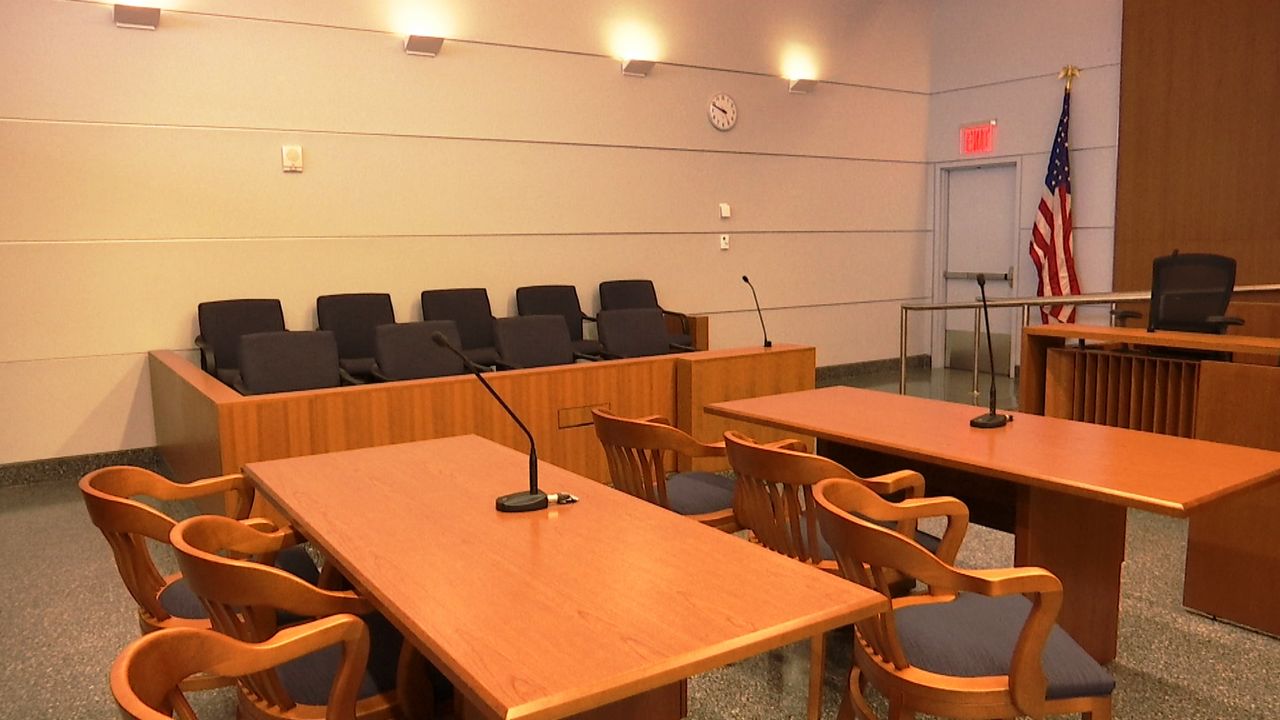Courts in North Carolina will shut down for a second time for non-essential in-person proceedings for 30 days as coronavirus cases continue to surge in the state.
The pause in court cases begins Monday.
North Carolina again hit new records for coronavirus cases Friday, reporting more than 7,500 new cases. More than 5,700 people have died from COVID-19 since March, according to the state Department of Health and Human Services.
“In light of the recent surge of new COVID-19 cases in North Carolina and in our courts, this pause is necessary to protect the health and safety of our court personnel and the public,” Chief Justice Cheri Beasley said in a statement Friday.
“Throughout the pandemic, we have moved an unprecedented amount of court work online, including hearings. Those efforts will allow us to limit in-person proceedings for the next few weeks while making sure our courts stay available to serve the public,” Beasley said.
Gov. Roy Cooper's new executive order goes into effect Friday night, cutting off on-premises alcohol sales at 9 p.m. across the state and instituting a curfew each night from 10 p.m. to 5 a.m.
"Having more than 7,500 cases is staggering and alarming. We are now seeing the impact of Thanksgiving gatherings," Dr. Mandy Cohen, state DHHS secretary, said in a statement Friday.
The North Carolina court system shut down earlier this year and moved much of its operations online. Jury trials restarted on October 15.
“I am gravely concerned with the recent surge in positive cases, but with this new directive, I am confident that potential exposures will be significantly reduced if we work together to adhere to health and safety guidelines,” Beasley said.
Public health officials say they expect coronavirus cases to continue to spread into the winter.
"It is imperative that court operations remain as limited as possible through the next 30 days. Fortunately, court operations are typically reduced through the end of the calendar year even under normal conditions," according to a news release from the state Administrative Office of the Courts.
"With few jury trials scheduled and courts conducting many proceedings remotely, the impact on court dockets should be minimal," the release said.



